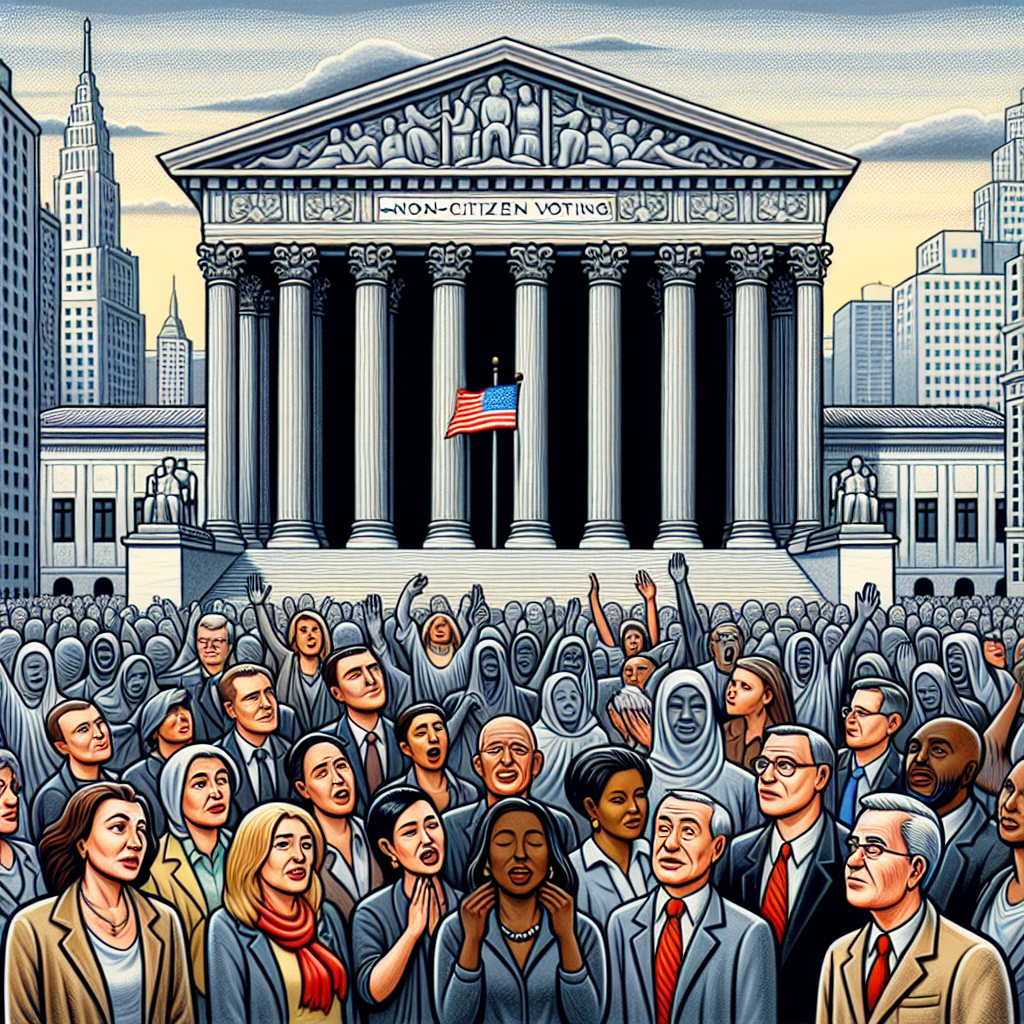New York’s Highest Court Prevents Noncitizen Voting in NYC
New York’s Highest Court Blocks Noncitizen Voting in NYC
Overview
In a landmark decision, New York’s highest court has ruled against a law that would have allowed noncitizens to vote in local elections in New York City. This ruling has significant implications for the city’s electoral landscape and the rights of noncitizen residents.
Key Details of the Ruling
- Legal Challenge: The law, which was passed by the New York City Council, faced legal challenges questioning its constitutionality.
- Court’s Decision: The court concluded that the law violated the New York State Constitution, which explicitly reserves the right to vote to citizens.
- Impact on Noncitizens: The decision affects approximately 800,000 noncitizen residents who would have been eligible to vote in local elections under the law.
Reactions and Implications
The ruling has sparked a range of reactions from various stakeholders:
- Supporters of the Law: Advocates argue that noncitizens contribute significantly to the community and should have a say in local governance.
- Opponents of the Law: Critics maintain that voting is a fundamental right reserved for citizens and that the law undermines this principle.
- Political Implications: The decision may influence future legislative efforts and debates surrounding voting rights and immigration policy in New York and beyond.
Conclusion
The court’s decision to prevent noncitizen voting in New York City underscores the ongoing debate over voting rights and citizenship. While the ruling upholds the current constitutional framework, it also highlights the complexities of integrating noncitizen residents into the democratic process. As the conversation continues, stakeholders on both sides are likely to explore new avenues for addressing the rights and representation of noncitizens in local governance.

































